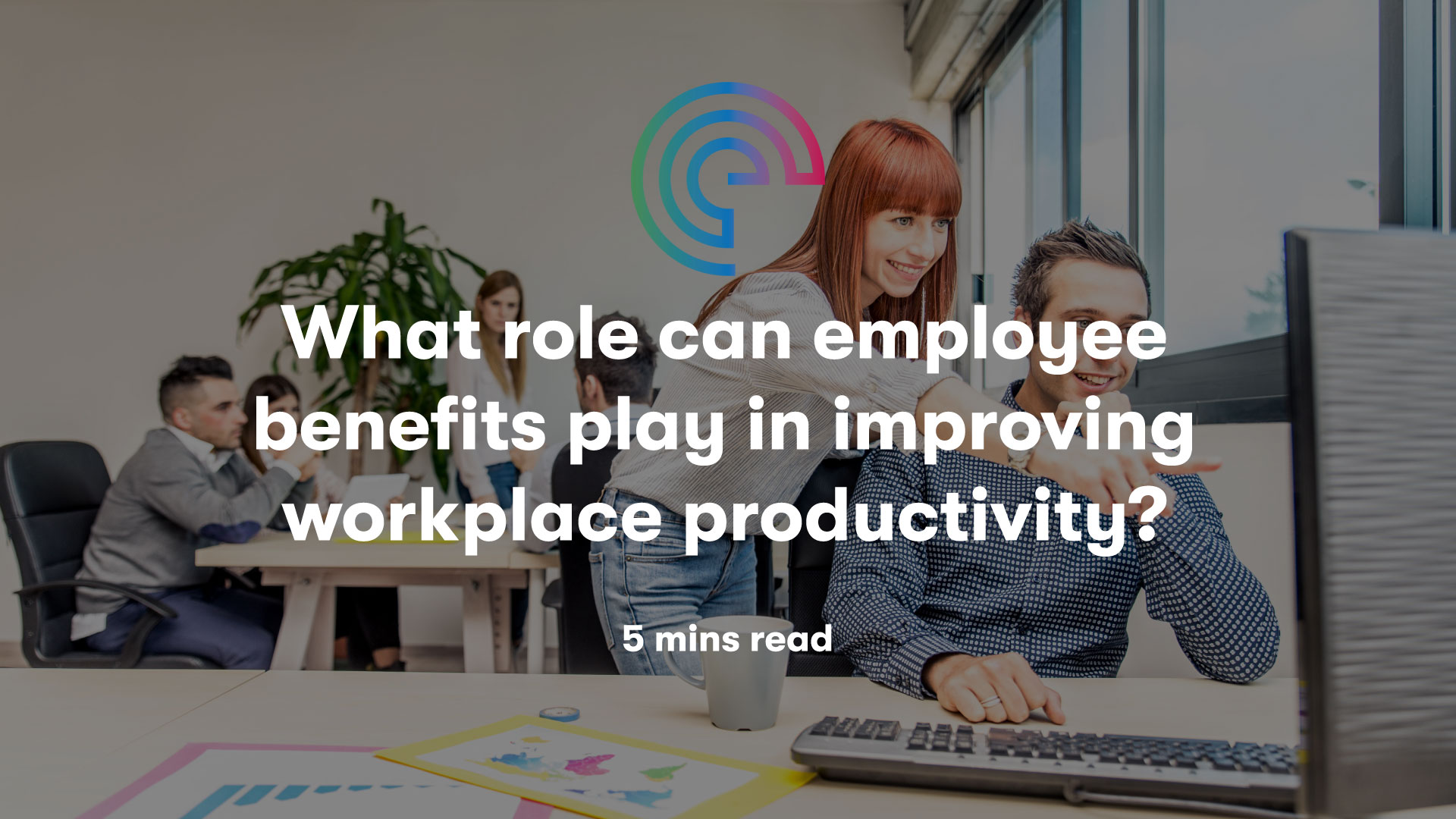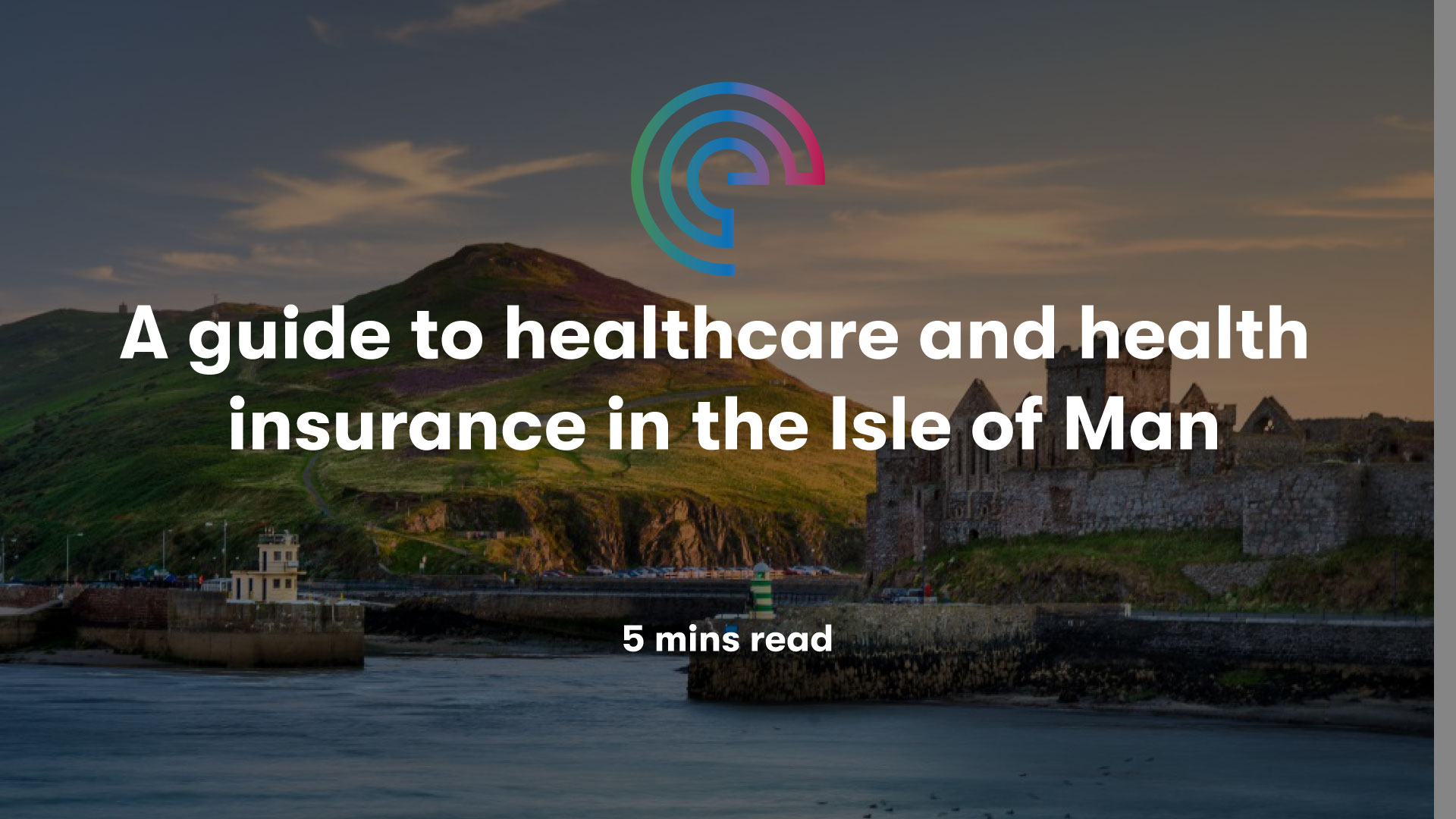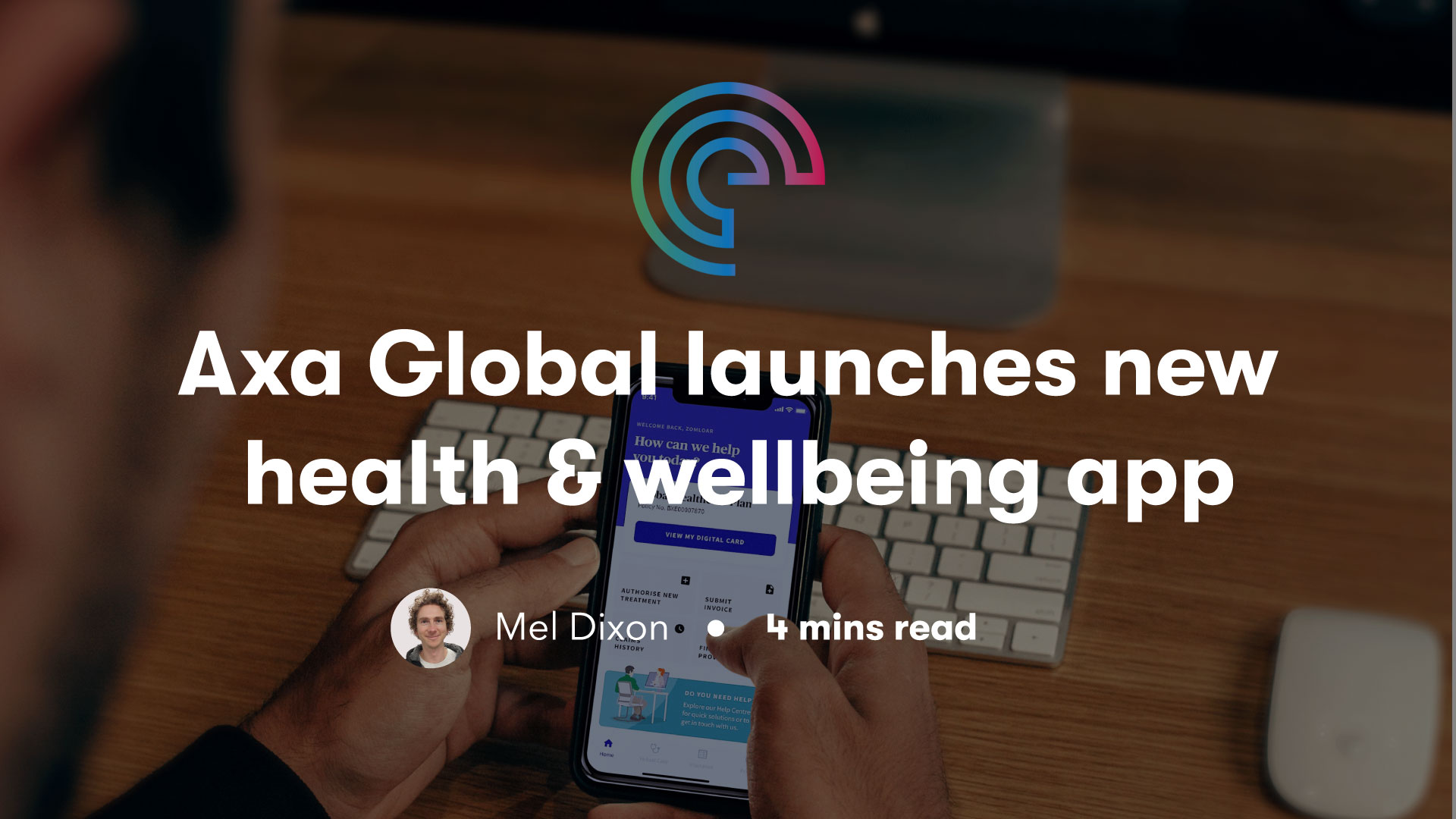What is Time to Talk Day?
Who’s involved? And what’s it all about?
February 3rd 2022 has been marked as Time to Talk Day! It is a national day set up by mental health charities Mind and Rethink Mental Illness, in partnership Co-op with raising £8 million to help bring communities together in improving mental wellbeing.
The day is all about establishing supportive communities to be able to have conversations with family, friends, and colleagues about mental health. It is a day where everyone can come together to talk, listen, and change lives through communication and understanding!
The Time to Talk Day initiative is designed to offer a variety of easy ways to get the conversation around mental health started. From hosting a tea and talk event with your community to setting up a group lunch and activities in the office, however, you decide to get involved, anything will make a difference!
Although we are talking about one specific day, talking about and prioritising mental health is not just limited to one day a year. It needs to be a continual process of acting consciously to acknowledge your own mental health and those around you.
So, how have Co-op gotten involved with these charity partners? And what are they bringing to the mental health conversation?
Co-op Charity Partnership:
- Raising £8 million for Mind, SAMH (Scottish Association for Mental Health), and Inspire – bringing communities together to improve mental wellbeing
- Raising money by engaging with colleagues, members of staff, and customers on a national and local level
- This money will mean charities can deliver innovative new services in communities across the UK to provide people with the support they need
- Established Be Kind to Your Mind: includes activities from Co-op & partners; general mental health tips; how to seek support from charity partners
Time to Talk is also offering a free downloadable starter pack to help everyone get involved in the day. The pack includes:
- posters
- postcards
- social media images
- conversation starters
- bunting
Raising mental health awareness increases the number of people addressing mental health, both within organisations and in wider social circles, which can only be a good thing! And provides many with the opportunity to feel comfortable and talk openly about their mental health when they may not have been able to before.
We all have mental health and all experience lows and highs throughout our lives. Through normalising and talking about it, we can support each other and ourselves.
Why is addressing mental health so important for employers?
1 in 4 people will experience a mental health problem in any given year. Each person’s experience of mental health is different – some will show signs of poor health openly, whilst others mask their signs making them not visible to those around them.
This is something that becomes very apparent in the workplace, where we spend a huge chunk of our lives. The stigma around mental health still very much exists at work, making the process of opening up to employers and colleagues a daunting task.
However, talking about mental health is one way to reduce this stigma, and creating supportive work communities is essential to feeling empowered about mental health. Mental health also hugely impacts workplace performance – 1 in 5 employees consider poor mental health as a factor that impacts productivity.
Employers also have a Duty of Care to their employees. Typically, this involves:
- Protecting staff against discrimination
- Making sure the work environment is safe
- Providing employee perks, where able, which protect physical and mental wellbeing
We can all become overwhelmed by life’s pressures, whether that’s work-related, or due to personal relationships or other circumstances. When the going gets tough, it’s important to have a support system in place capable of intervening. Ultimately, this benefits both employees and businesses.
What benefits and initiatives can you offer as an employer to prioritise mental wellbeing?
There are many ways to work mental health into the conversation in your company, from investing in training to simple changes to behaviour. Whether you can invest financially or not, prioritising the mental health of your employees will benefit your business and help create a sense of community within your team.
Below we have comprised a list of ways you can get the topic of mental health circulating at work:
- Mental Health First Aid training – explaining how this can help
- EAPs – can include Virtual GP, mental health counselling services which employees might not otherwise have access to
- Private/Group Health Insurance – reducing direct healthcare costs
- Leadership training – teaching managers/senior staff how to recognise and address mental health
- Flexible working – promoting a healthy work-life balance
- Regular 1-2-1s – taking place outside can make staff feel more relaxed than in a formal setting
- Arranging workshops and group training opportunities – e.g., ‘Lunch & Learn’ to teach employees more about mental health and how to support each other
- Regular staff surveys – build data around staff mental health, using findings to plan & deliver better action tailored to your specific staff needs
- Track absences, retention rates, work performance – to measure wellbeing & judge where help is needed
- Mental health quizzes – enables staff to feel relaxed to begin talking about mental health
- Health cash plans
If you’re a business owner looking to introduce an employee benefits scheme that best targets the health and wellbeing of your staff, we can help! Contact our team at Engage Health Group Ltd on +44 (0)1273 97449 or use the chatbox in the bottom right.
Benefits of addressing mental health in the workplace:
Addressing mental health in the workplace is beneficial not only to the wellbeing of your staff but to the overall productivity and efficiency of your company. Below are a few examples of how promoting mental wellbeing can benefit:
- Reduces the stigma around mental health
- Promotes open discussion – enabling more people to ask for help
- Staff feel more comfortable reporting mental health as their main reason for sickness absence (rather than pretending it’s due to the flu, for example)
- Helps to detect early warning signs
- Promotes your company as proactive rather than reactive towards your employees
- Prevents further serious mental health issues/crisis e.g., suicide or self-harm
- Reduces absenteeism and presenteeism
- Reduces workplace discrimination
- Boosts morale and productivity as employees feel cared for and protected at work
Further Reading: The 3 Pillars of Corporate Wellbeing: What Do Employers Need to Offer?
How to get involved
We should be aware and conscious of mental health on an everyday basis, but often this is easier said than done. Time to Talk Day this February is a perfect opportunity for employers and staff to come to terms with just how important prioritising and protecting our mental wellbeing really is.
As we continue to adapt and change in the fall-out of the pandemic, employers need to recognise the need to respond to the changing expectations and needs of employees. And be willing to adapt when they do change!
At Engage, we help you achieve your business goals by ensuring the employee benefits you implement are best suited to your staff needs and business structure. Contact our friendly team of experts on +44 (0)1273 97449 for free no-obligation advice and support.









